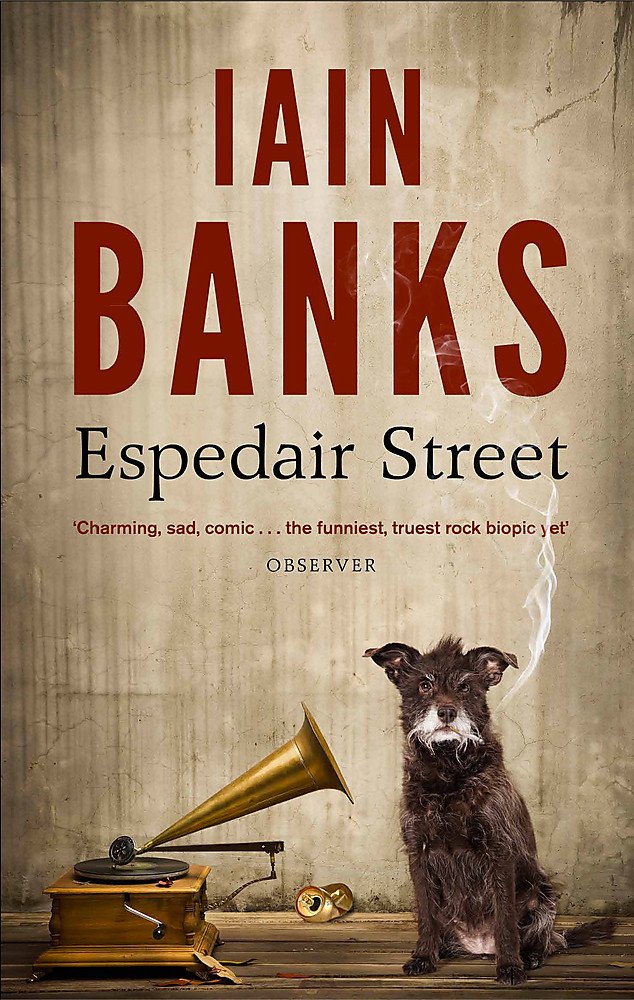Rarely do I come across a piece of legal history I know nothing about that is so steeped in irony it almost hurts.
I recently saw, for the first time, The Ox-Bow Incident. I’d heard about it before and it was on one of the high-numbered pay cable channels we get and figured it was worth checking out. Released in 1943 (and based on the novel of the same name published in 1940), it’s the story of a mob in a small western town that forms to track down and lynch a trio of cattle rustlers who apparently murdered a local rancher. Of course they didn’t – the whole thing is a taught psychological study of mob justice and how inflamed passions can lead to horrible outcomes. In this case, the three men and hanged and only later does the mob learn they were innocent.

The movie struck me as the kind that law profs like to write about (there’s a thriving trade in analyzing how lawyers are portrayed in media), so I went looking for any scholarly discussion of The Ox-Bow Incident. I found a couple of interesting articles, one of which had an astounding tidbit in it that I had to follow up on.*
As I said, the movie came out in 1943. The author of the article expressed amazement that such a movie got made in the middle of World War II, given that it took aim at the traditional Western narrative of rugged frontier exceptionalism. Whatever else it is, The Ox-Box Incident is an unflattering portrait of the American West. It could never have been made during the First World War when, he writes:
[when even a patriotic epic celebrating the American Revolution became a target for federal seizure and prosecution on the chance that the film might excite anti-British sentiments.
What the holy hell? I followed the footnote and saw the same of the film was The Spirit of ‘76 and off to Wikipedia I went.

Released in 1917, just after the United States entered World War I, it was, as you’d expect, about the American Revolution. It’s the tale of Catherine, a woman of mixed heritage (French father and Native American mother) who, somehow, becomes the “morganatic wife” (I had to look it up) of King George III. Honked off at George and by the treatment of the American colonists, she returns to become a hero of the American Revolution.
Pretty stirring stuff, right? I mean, hugely melodramatic, but still, it makes you want to stand up and waive a flag, doesn’t it? So what was the problem?
The problem was that, at the time the movie was released, we had just begun to fight in the war with the British as our allies. Allies who apparently weren’t up for depictions of
[quote]multiple atrocities committed by the British side during the war, including soldiers bayoneting babies and raping unarmed women, the Wyoming massacre, and the Cherry Valley massacre.[/quote]
So when the film premiered in Chicago the head of the local film censorship board – whose name was, I shit you not, Metallus Lucullus Cicero Funkhouser – confiscated it and forced edits. It showed in Chicago in edited form, but after the cuts were restored for a showing Los Angeles the producer, Robert Goldstein, was arrested, tried, convicted, and sentenced under the Espionage Act. He served three years of a ten-year sentence before he got a commutation from Woodrow Wilson.
There you have it – a movie about the “spirit of 1776,” which presumably has more than a little to do with love of liberty and fighting tyranny – was suppressed by the nation it celebrates, to the point that the person who made it went to prison for years. They used to say that irony died after 9/11, but I’m surprised there was enough of it left after that explosion of ironic particles for that to matter.

Fun fact – if you’re wondering why the First Amendment didn’t protect Goldstein from going to prison, consider two things. First, the Supreme Court, in general, was bad on the First Amendment around the time of the First World War. Second, at the time the Supreme Court had held that the First Amendment didn’t cover movies. They were “a business, pure and simple, originated and conducted for profit” not “part of the press of the country, or as organs of public opinion.” The case was overruled in 1952, but that was much too late for Goldstein.
Not quite so fun fact – according to the Wikipedia entry, it’s unclear what became of Goldstein after his prison term. He returned to Europe and it was thought he died in the Holocaust, but there’s some evidence he might have gotten out in 1938. Nobody’s really sure.
* Not online – Harry F. Tepker, Jr., The Ox-Bow Incident, 22 Okla. City U. L. Rev. 1209 (1997)







